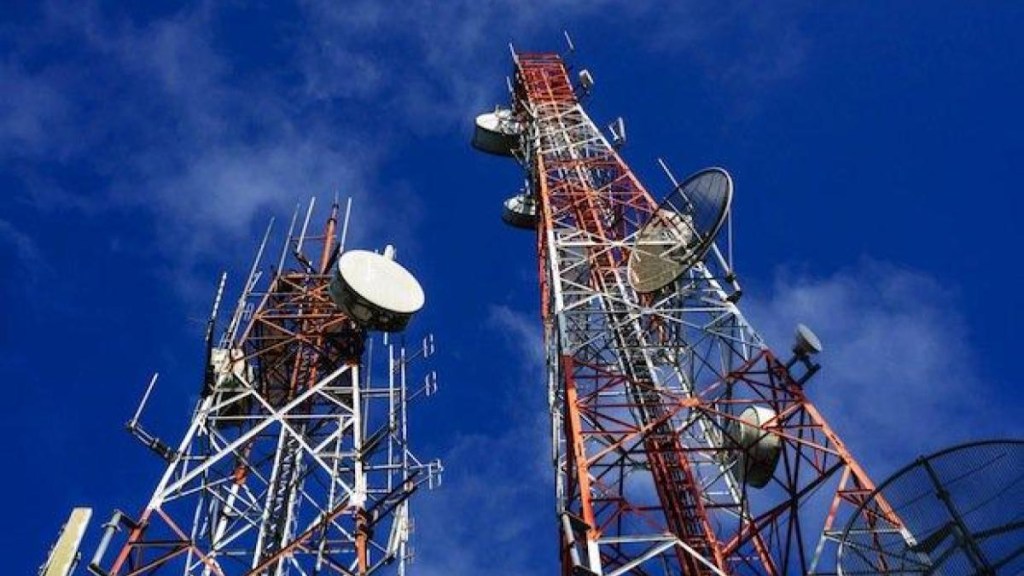Pending notification of rules for implementation of the Telecom Act, 2023, satellite communication firms such as Eutelsat OneWeb, Hughes, among others, through Broadband India Forum (BIF) have urged the government to allocate spectrum on a provisional basis.
This would help expedite the launch of satcom services in the country by operators – OneWeb and Jio – who are the front runners. Both the companies have received necessary clearances from the authorities.
The Telecom Act has cleared the way for allocation of spectrum for satellite communication services through the administrative route. However, allocation can still not be done as the rules governing it are yet to be framed. In a letter to relevant ministries including the department of telecommunications (DoT), BIF, which also represents big tech companies, has urged the officials to expedite the process for satellite spectrum allocation and consider the same as part of the 100-day agenda.
For framing of the rules, the DoT is expected to consult the Telecom Regulatory Authority of India (Trai). Industry executives say there is an opportunity cost attached and the delay in spectrum allotment is affecting the operators.
Among other recommendations on satellite spectrum, BIF has urged DoT to keep the spectrum usage charges at 1% across all satcom authorisations. “Satcom services should be exempted from payment of USOF charges,” BIF said in its recommendations.
Post the telecom companies reiteration to regulate over-the-top (OTT) players at par with them, BIF urged the government to adopt a distinct approach towards OTT applications. The approach of regulation needs to be different from the regulation of telecommunication and broadcasting networks, the forum said.
“In the 100-day plan, the government should focus on ensuring accessibility, inclusivity, and sustainability so that the benefits of technology and innovation can reach all citizens of India equally and quickly,” said Aruna Sundararajan, chairperson of BIF.
On the allocation of 6 GHz spectrum band, BIF wants the same to be delicensed for Wi-Fi. “Allocation of 6GHz for IMT could make India majorly dependent on a powerful non-trusted source,” BIF said.
Besides, the forum called for a direct allotment of 5G spectrum to private enterprises at a nominal cost to optimise operations, drive productivity, and propel India’s position as a global leader in manufacturing and service delivery. It has also urged the government to set aside spectrum for new and emerging technologies, incubate them in a controlled regulatory environment, and provide opportunities for trials and testing.

